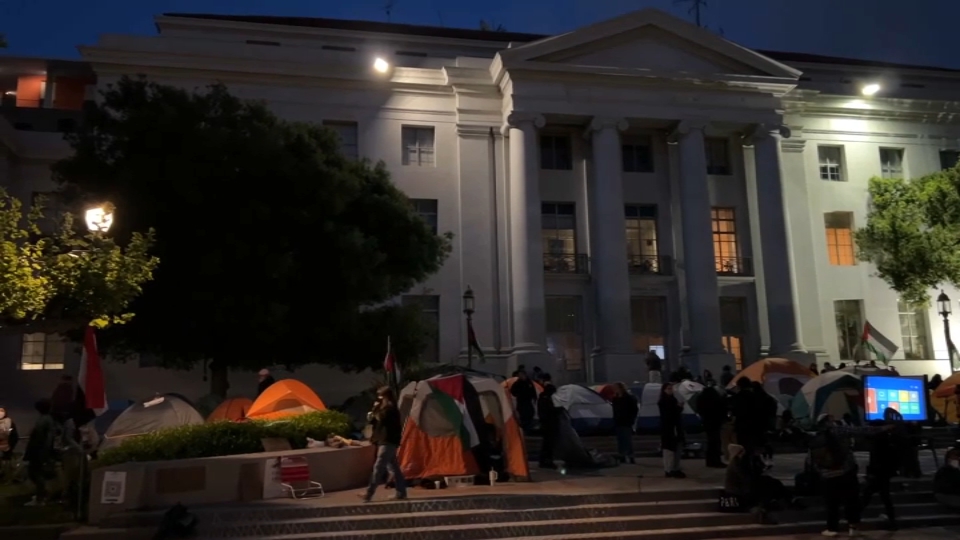In a dank, dark auditorium in San Francisco Sunset District, the City’s top cops were on the hot seat.
One by one the City’s police captains stood at the microphone to report crime statistics from their districts.
A gruff voice from a table poked, prodded, and pored over every word.
When a commander reported some recent iPod robberies, the voice spoke up: “So talk to me about what we did, if they’re taking them down to Market and fencing them.”
Another captain reported a 50 percent drop in burglaries in her district.
Local
Incredulous, the voice wondered if it was a computer error: “When all of a sudden, they drop by 50 percent, I’ve got issues."
This unapologetic interrogator was Commander Jeff Godown, hired by new police chief George Gascon to oversee the police department’s transition to the high tech CompStat crime tracking system. The system tracks crime throughout the City’s ten police districts with the aim of improving department-wide communication.
It’s Gascon’s baby, having used the system in Los Angeles to lower crime. Among his first moves as San Francisco’s police chief was to hire Godown, who ran the Comstat system for the L.A. Police Department.
Every two weeks he gathers the city’s commanders and goes over their numbers. He leaves no stone unturned, no question unasked.
“CompStat’s about holding people accountable,” Godown said. “To hear whether they’re adhering to overtime, use of force, personnel complaints.”
Godown said the system has revealed property crimes make up 90 percent of the City’s crime. Among them, car burglaries, break-ins and car thefts.
“I actually walked by a parked car that actually had a piece of paper taped to the window,” he said.”It said I have no radio; I have no belongings, please don’t break into my car. And that’s a real sad commentary.”
So far, police said the CompStat system has improved communication among detectives and beat officers. Recently, the system helped investigators nab a suspect in connection with several stabbings on Muni busses.
“Everyday, different investigations bureaus are talking by phone,” said San Francisco Supervisor Bevan Dufty. “So every district station has a conference call where they talk about what crimes they’re seeing.”
But Godown doesn’t expect the system to change things overnight. He’s noticed problems with the department’s mainframe computer that may be causing inaccuracies in the statistics. Updating the system would cost the cash-strapped city major funds.
“One of the principles of CompStat is 'accurate and timely intelligence,' and if the data isn’t correct, I’ve got nothing to work with,” he said.
Back at the microphone, a commander tried to talk about some positive changes in the district station. As the commander begins, that tough-as-nails voice interrupts.
“Be careful I don’t come back with a follow-up question,” he warned.
“It’s okay, I’m ready,” said the commander.



